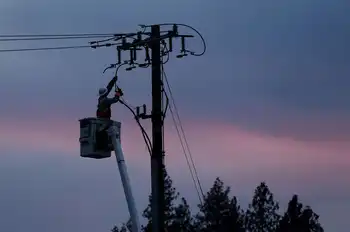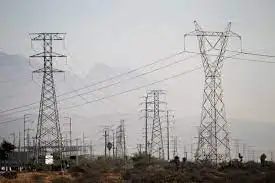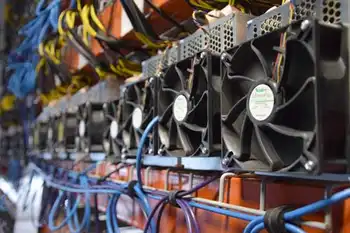Grid operator seeks relief in Lehman case
NEW YORK, NEW YORK - A U.S. electric grid operator filed court papers seeking the right to cancel debts with Lehman Brothers Holdings Inc. tied to trades that were frozen when the investment bank filed for bankruptcy.
The Midwest Independent System Operator (MISO), which oversees the power grid in the U.S. Midwest and parts of Canada, and administers a wholesale electric market, said in court papers it needed to close out several transactions with Lehman.
A spokesman at MISO said Lehman owed the grid operator money, but could not say how much was owed. He said Lehman had more than enough cash in collateral to cover the bill.
He could not say immediately how much collateral Lehman had with the MISO, noting the amount depended upon a market participant's level of activity. MISO has an electronic platform where companies and individuals can buy and sell electricity.
A Lehman declined to comment on the filing. The court papers did not specify how much is owed to either party.
At any given time, MISO said it had 32 different types of market charges that could be due from or paid to Lehman, according to the documents. MISO said in the court papers it was trying to complete its "ordinary business practices," adding that its contract with Lehman should excuse it from an automatic stay that prevents creditors from seizing funds at bankrupt companies.
Over the past decade or so, banks like Lehman, hedge funds, brokerage firms and other traders have joined electricity generators and utilities in trading in the power market.
A hearing on the motion is scheduled for Dec. 3 in the case, according the papers.
Related News

LOC Renewables Delivers First MWS Services To China's Offshore Wind Market
BEIJING - LOC Renewables has announced it is to carry out marine warranty survey (MWS) services for the second phase of the Pinghai Bay Offshore Wind Farm near Putian, Fujian province, China, on behalf of Haixia Goldenbridge Insurance Co., Ltd. The agreement represents the first time MWS services have been delivered to the Chinese offshore wind market.
China’s installed offshore capacity jumped more than 60% in 2017, and its growing offshore market is aiming for a total grid-connected capacity of 5GW by 2020. Much of this future offshore development is slated to take place in Jiangsu, Zhejiang, Guangdong and Fujian provinces.…




